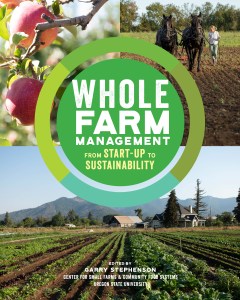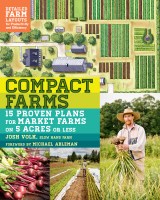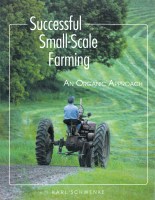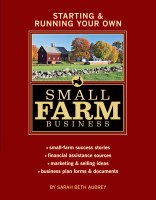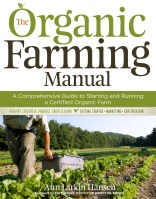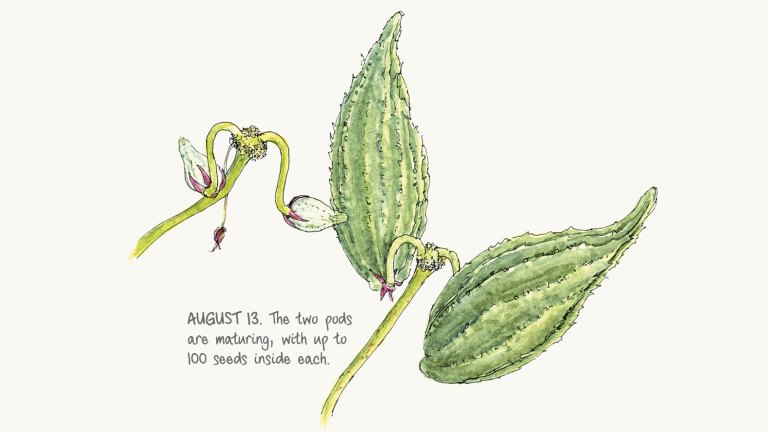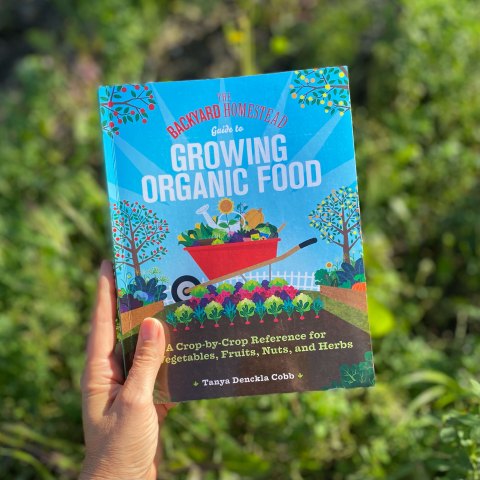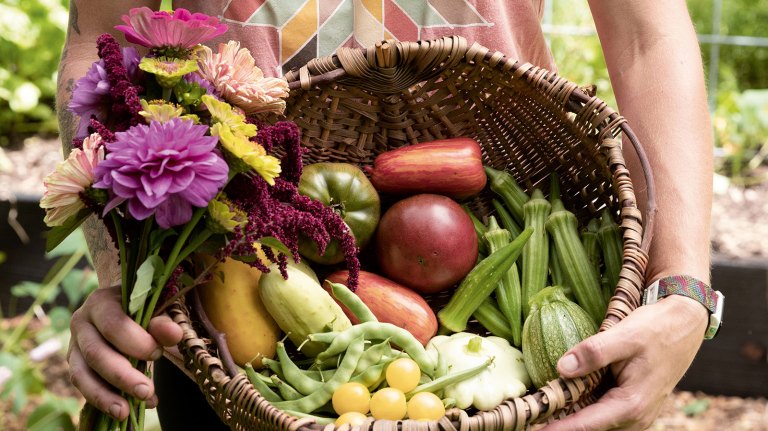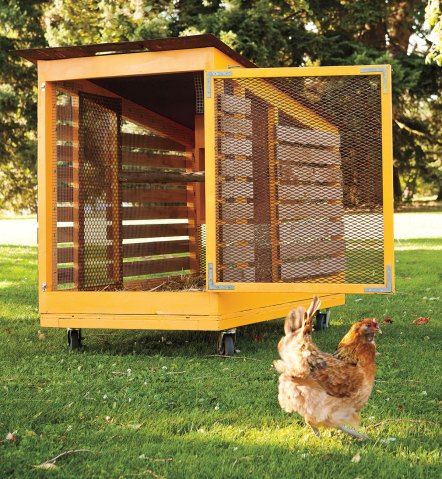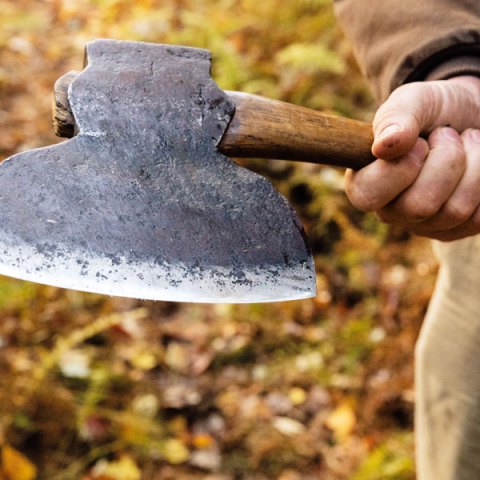Managing Family Dynamics on the Farm
Operating a family farm can be an opportunity to follow your values and work with the people you love. It can also present a unique set of challenges.
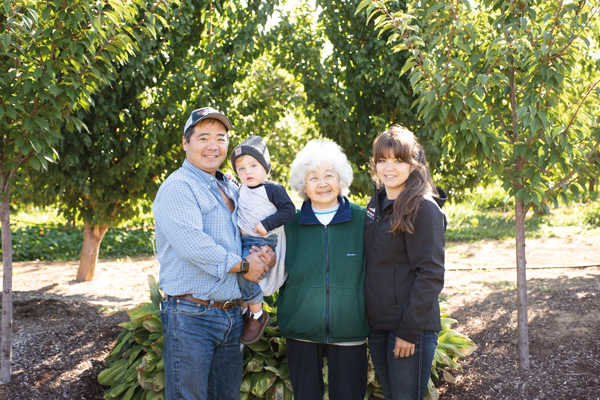
For many farmers, much of the attraction of owning an independent business is the opportunity to live every day according to your closely held values. Those values often include spending quality time with your family and being present for them.
Sometimes, because these values are so heartfelt, it can be challenging to own and manage a small family farm. Even when farms are owned and managed by an individual, or when the people in the business partnership are unrelated, other family members are usually involved in some way, either directly or indirectly.
Families strive for harmony and inclusion with unconditional love and support for family members. Businesses thrive on efficiency and achievement, promoting individuals based on their job performance. These can be competing interests, causing tension.
Roles in the Family Farm Business
To become more aware of the potential challenges of running a family business, it helps to understand the different characteristics of “the nurturing family” and “the competitive business.” One way to examine these differences is to look at the three roles that family members commonly take on in a farming business.
Family role. Even if they don’t work on the farm, family members are a key part of the supporting family. Families involved in the farm can include a single generation, such as husbands and wives, or siblings. Multigenerational family farms include at least two generations working together.
Farm partner role. This is when family members are interested in supporting the farm operation as a part owner or investor. Farm partners and other family members may not necessarily work in the business.
Manager/employee role. Family member managers and employees have the day-to-day responsibilities for operations of the farm business.
Many families find that clearly defining their roles and responsibilities helps to limit the conflict and frustration in family businesses. For example, the partner (shareholder) family members may want to increase the dividends and income from the farm, while those in a managerial role may want to reinvest the earned income to upgrade farm equipment. Or maybe the farm owner/manager wants to work every Sunday, but other family members want to have more time together. Analyzing conflicts based on the family members’ roles in the business provides deeper understanding of each member’s perspective and ultimately creates the foundation for a long-lasting family businesses.
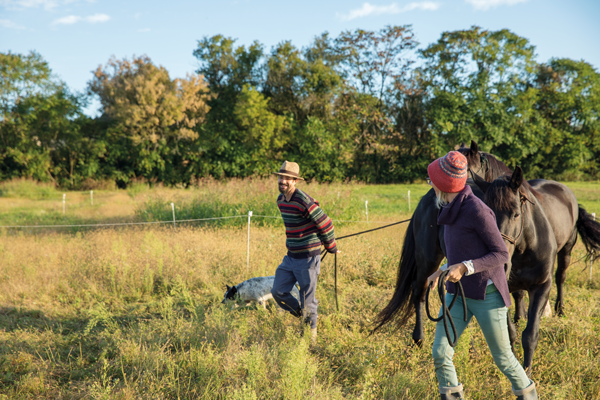
FAMILY COMMUNICATIONS
More and more families are using the family meeting as a forum to develop good communication, address issues within the family, ask questions about the business, and deal with conflict. Family meetings should include all of the family members and have an agenda. They work best when held at a neutral location away from the business.
To develop a healthy work-family balance, some families make it a rule not to talk about the business after a designated time in the evening. Others make sure that the business office is in a separate location, outside the home. Other families might schedule regular vacations just so the family can reconnect and have fun together. Besides giving everyone a rest, this bonding establishes good working relationships among family members who may be running the farm as partners in the future.
FARM PARTNERS
Family farm shareholders, or owners, usually play an important part in big-picture strategic planning for the farm business. Owners are not necessarily responsible for the day-to-day operations. An important aspect of the ownership role is supporting long-term planning and continued capitalization of the business. This can be accomplished by creating a board of directors or, for smaller farms, an advisory board. Even for a small farm, with just one or two owners, long-term planning is crucial for the success of the business.
Owners should also consult regularly with informal advisors — non–family members from related industries who can advise the farm and provide input. Regular meetings and communication with a board or advisory team can keep you on track with your goals and objectives. In turn, the business benefits from the experience and insights of your advisory team.
When there are multiple shareholders, you should establish clear instructions for what happens to ownership shares in the face of untimely death, divorce, or disability or when a family member owner wants out of the business. Consider drawing up a buy/sell agreement — a formal contract that documents the terms and conditions for selling farm ownership. This kind of agreement can include the requirement that sellers not offer farm ownership outside of the family until the family has had the opportunity to buy the available shares. It is best to develop these agreements before any crisis occurs.

Succession and Estate Planning
As you look ahead 10 or 20 years down the road, what do you envision for your farm? As you get older and approach retirement age, how do you see yourself involved in the farm business? What can you do now to ensure that the business remains viable into the future? What will happen to the farm if you should die or become incapacitated? These are critical questions to consider and can be addressed in succession and estate plans.
Succession plans and estate plans differ from one another in several ways:
A succession plan focuses on how to turn over ownership and leadership of the farm business to the next generation of entrepreneurs. Succession plans are broader than estate plans because they address the issues of retirement and management transition, as well as ownership transition, and are activated while the current owner is alive.
An estate plan on the other hand provides specific instructions on what is to happen with the farm business, and other assets you own, upon your death. Estate plans involve the execution of legal instruments such as wills, trusts, insurance policies, buy-sell agreements, and/or powers of attorneys that are needed to carry out the succession plan.
Developing a succession plan is a lengthy process. Count on it taking 10 to 15 years from the time you begin initial conversations with your family and business partners until you finalize your plan for turning over the farm to the next generation. Those initial conversations are often focused on developing a shared vision for the family business going forward. That vision becomes the basis for the plan and agreements.
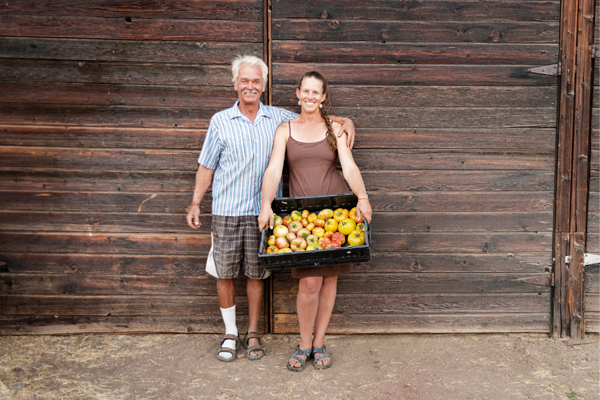
Ideally, estate planning and succession planning occur simultaneously: one informs the other. Your vision for how the farm should be passed along (the succession plan) will serve as a road map for the estate planning process and will direct business and tax professionals in drafting the required documents. You will select legal tools to prepare the estate plan that in the end will transfer an individual’s assets.
But even if your succession plan is not finalized or is still in process (especially since it can take such a long period to develop) make sure you have your wills and trusts in place. Because the asset structures of most family farms include high-value land-based assets and lower cash flows, a lack of estate planning can mean tremendous hardship for your survivors and potentially the loss of the farm to pay large tax bills. By increasing your level of preparedness before a crisis strikes, everyone involved in the business will have peace of mind that they can handle any situation that might come their way.
TEXT EXCERPTED AND SLIGHTLY ADAPTED FROM WHOLE FARM MANAGEMENT © 2019 BY GARRY STEPHENSON. ALL RIGHTS RESERVED.
Learn More
Farming is a business, as well as a way of life. Whole Farm Management is a comprehensive guide developed by the Small Farms Program at Oregon State University to help aspiring and beginner farmers make smart business decisions to ensure lasting success. In clear, accessible language, this book covers every essential step, from developing a strategic plan to acquiring equipment, establishing infrastructure, finding markets, budgeting, managing day-to-day operations, and selecting a business structure for long-term viability. The emphasis throughout is on using sustainable agricultural systems and managing the whole farm, whether raising grass-based livestock, perennial food crops, or annual crops such as flowers. Case studies of successful farms, along with guidance and solutions to common problems from long-time farmers, round out this essential handbook.
